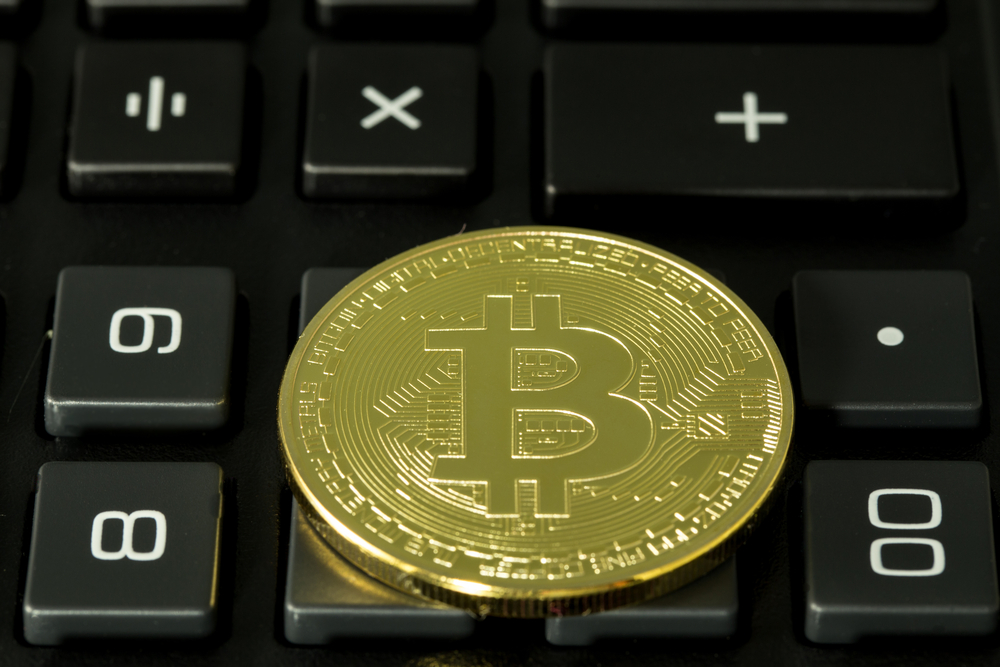Why High Transaction Fees Aren’t a Big Issue for Bitcoin

In the past, the bitcoin community was engaged in a controversial debate about the existence of a fee market and whether bitcoin was designed to operate as digital gold or a settlement system like VISA. These discussions emerged as bitcoin transactions began to fill up 1 mb blocks and raised average fee of bitcoin transactions.
In contrary to many claims, the optimal bitcoin transaction fee as shown in 21 Inc’s Bitcoin Fees platform is 31,640 satoshis, or US$0.32. That is, a $0.32 transaction on virtually any bitcoin transaction sent to a single recipient.
Currently, most financial service providers like Paypal or financial institutions that provide bank account or credit card services rely on a percentage-based fee. For Paypal, fees usually add up to 10% if a sender sends a Paypal payment using a bank account or a credit card. For bank transfers, fees amount to $30 or even up to $50 on a single bank transfer.
If a Paypal user was to send a US$1,000 payment to a user, the user most likely will have to pay in the range of $50 to $100 to complete the transaction. Same goes for international credit card payments made to merchants or on e-commerce platforms, which eventually add up to 6% of the total payment.
In contrast, bitcoin’s average fee of $0.32 allows users to pay a similar fee regardless of the amount of the transaction. A user sending $100 may pay the same amount of fee with a user sending $30,000 and still have a transaction verified and broadcasted onto the network at a similar rate.
In an online bitcoin community, a user posted an image of a $800,000 transaction broadcasted to the public bitcoin blockchain network. The user who sent $800,000 worth of bitcoin sent a fee of $1, 3x of the optimal fee of $0.32. Users can pay a larger fee if they prefer to have a transaction verified and accepted by miners at a faster rate. Also, the fees become more expensive if the transaction enlarges in size.
If the same user opted to send a $800,000 payment via Paypal or remittance networks, the user would have had to deal with a $40~$50,000 transaction fee composed of an initial transfer fee, conversion rate, credit card withdrawal fee, etc.
Ultimately, these comparisons boil down to the debate of whether bitcoin was designed to be digital gold or a settlement system. A settlement system should be able to settle transactions cheaper at a faster rate while digital gold can be used to make payments that couldn’t have been made before. Currently, bitcoin works more as digital gold. Users are utilizing the bitcoin network to make payments that weren’t previously possible. A payment worth $800,000 can’t be transferred via traditional methods within a few hours after initialization and with a transaction fee of $1.
In the future, as bitcoin activates innovative scaling solutions and micropayment-enabling technologies like Lightning, bitcoin will be able to operate as both a settlement system and digital gold. Even then, the definition of bitcoin truly depends on the usage of it and its users. If a user opts to utilize bitcoin as a safe haven asset, wealth protection tool and digital gold, then it doesn’t have to be used a settlement system for that particular user. If another user would like to use bitcoin to make daily payments to purchase a cup of coffee or items on an e-commerce platform, it can operate as a settlement system.
Bitcoin is still at an early stage wherein solutions like Segregated Witness, TumbleBit and Lightning are being introduced. The activation of these three technologies alone will significantly scale the bitcoin network and allow it to become a more efficient settlement system which doesn’t result any potential issues when it comes to bitcoin transaction fees.
Featured image from Shutterstock.